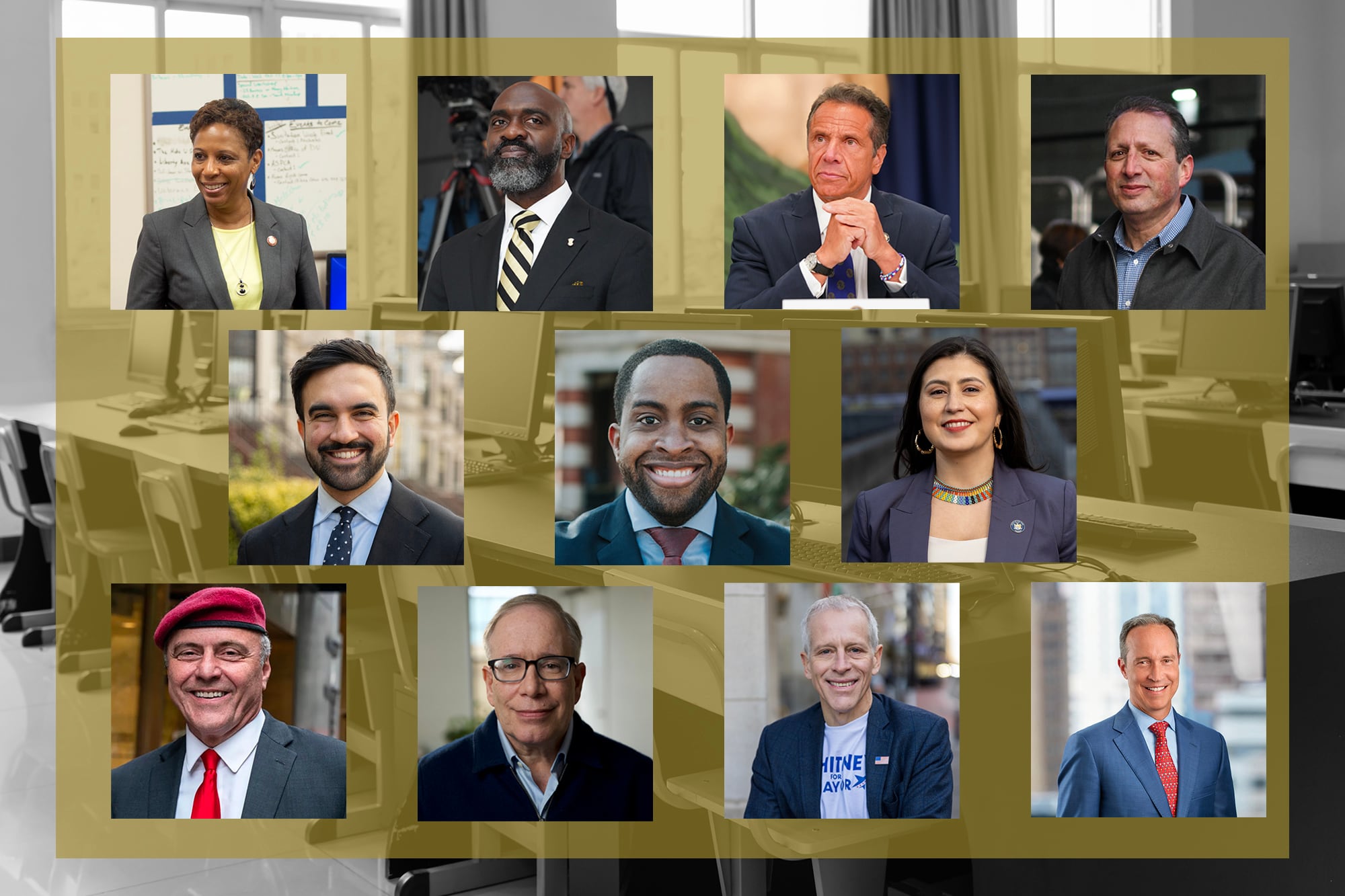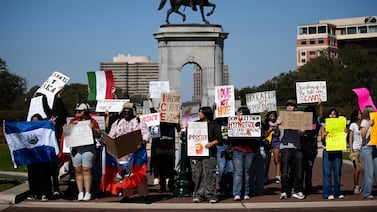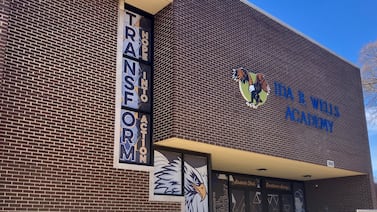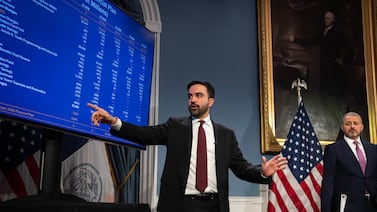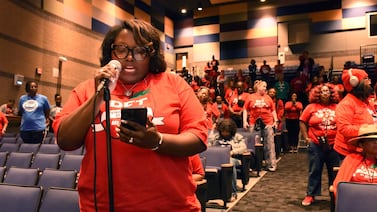This is part of a series in which Chalkbeat asked the mayoral candidates questions about important education issues that will likely define the next four years. The primary is June 24, with early voting from June 14-22.
The New York City high school process is notoriously complicated.
And a small piece of it that occupies an outsized amount of attention — the Specialized High School Admissions Test, or SHSAT, which is needed to get into eight of the city’s most prestigious schools — is often considered a political third rail.
The application algorithm (for schools other than the specialized high schools) is meant to make the system fair by opening up schools across the city to students, but it favors families with the wherewithal to navigate the system. The level of screening in schools across the five boroughs is unparalleled, exacerbating the city’s dubious distinction as one of the most segregated districts in the nation.
Last year, out of nearly 71,000 high school applicants, about 19,000, or 27%, received offers at the dozens of selective schools that base admissions on grades. Fifty-one percent of those offers went to Black and Latino students, who make up about 60% of students citywide.
Nearly 26,000 students took the SHSAT, with roughly 4,000, or about 16% of test-takers, receiving offers to the city’s eight specialized high schools that base admissions solely on the test. Of those offers, 12% went to Black and Latino students.
So how can New York City make admissions more equitable? And what happens to the system as a whole when there’s a group of schools that can select their students based on grades, while others can’t?
Mayor Eric Adams’ response has been to further embrace sorting students, pushing to open more “academically accelerated” schools in historically underserved neighborhoods.
Many of the mayoral candidates seem to agree with that approach, calling for opening additional specialized or screened schools. One suggested the new schools would draw the top students from every middle school across the city. Nearly all would keep the SHSAT (which is enshrined in state law) but called for expanded test prep access. One candidate mentioned the importance of ensuring that non-specialized schools have access to more challenging curriculums.
Chalkbeat sent a questionnaire to the leading candidates on March 25 to find out their views on seven pressing issues. A spokesperson for Mayor Eric Adams said he declined to participate since he isn’t in the primary.
We asked each of the candidates how they would approach screened admissions and whether they supported the SHSAT. Here’s what they told us.
Responses may have been edited for formatting or trimmed for length, but otherwise each candidate’s answers are as submitted, including hyperlinks.

